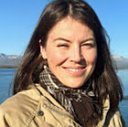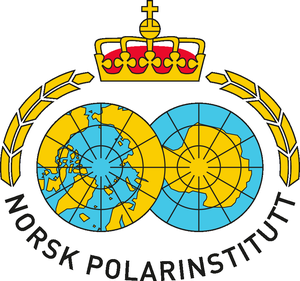Top 100 scientists can be ranked globally or specific to the following regions including Africa, Asia, Europe, North America, Latin America, Oceania, Arab League, ASEAN, EECA, and BRICS based on total H-index scores without any breakdown by subject areas. Top 100 rankings in the world, in a continent, or a region include standardized subjects areas of Agriculture & Forestry, Arts, Design and Architecture, Business & Management, Economics & Econometrics, Education, Engineering & Technology, History, Philosophy, Theology, Law/Law and Legal Studies, Medical and Health Sciences, Natural Sciences, Social Sciences, Art and Humanities Rankings and Social Sciences and Humanities Rankings BETA VERSION. Subject field ranking in world, region, country and university is beta version since subject field "others" (901,365 scientists profile whose branch cannot be determined, not yet edited or determined) is excluded, so the ranking will change as the others fields are edited. Please note that. Subjects indicated as “ * others ” will not be included in the ranking by regions and subjects.




